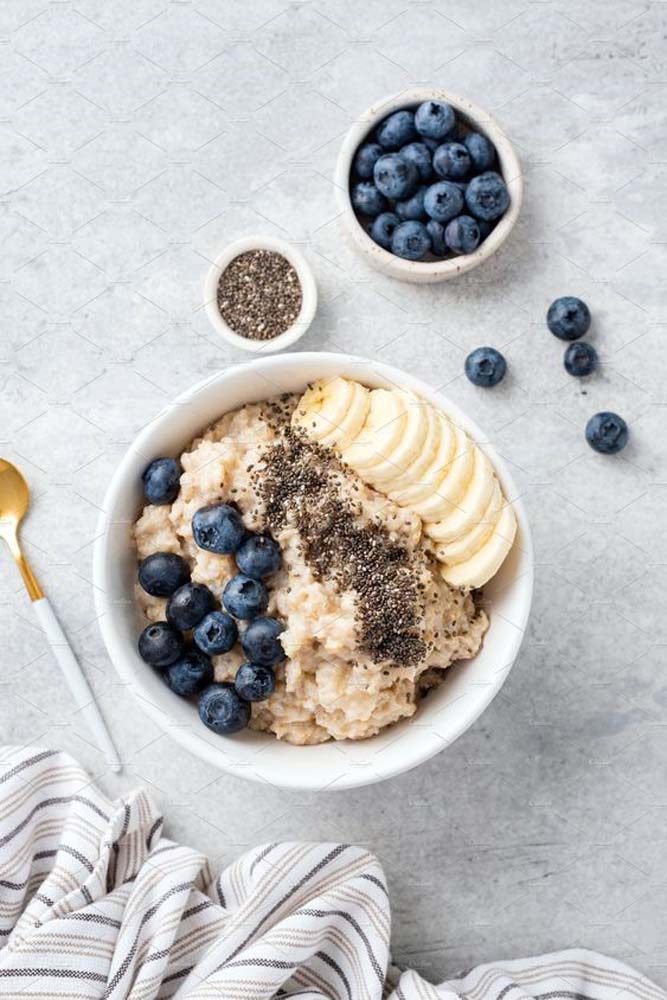You’ve probably heard about gut health as it has become a more mainstream topic in the media. Do you know why gut health is important?
The gut really impacts our overall health. We know the gut and brain are connected and ‘talk’ to one another, a bit like a busy motorway with traffic going in both directions. Research shows more signals are sent from the gut to the brain than the other way around, so if your gut is troubled this is likely to impact your mental health.
As well as the brain, the gut is connected to immunity. It’s estimated 70% of our immune cells are housed in the gut itself, so if your gut is compromised this will likely impact your immune system. For example, there’s a strong link with autoimmune conditions and poor gut health.
Your gut health is worth paying attention to! An easy way to improve yours is by consuming fibre.
Fibre is a type of carbohydrate found in plant foods. Unlike other carbohydrates, the body can’t digest fibre. Instead, fibre passes through the digestive tract, performing other important functions for the body. Plant foods contain two helpful types of fibre – soluble and insoluble.
Soluble Fibre
This type of fibre dissolves in water to form a gel, which slows the digestion of food. Soluble fibre serves as food for the good bacteria in the gut which helps to improve the diversity of the gut microbiome. Soluble fibre can also lower blood sugar and cholesterol.
Good food sources of soluble fibre include apples, artichokes, asparagus, bananas, barley, beans, berries, broccoli, Brussels sprouts, dark leafy greens, legumes, lentils, nuts, oats, oranges, pears, peppers and sweet potatoes.
Insoluble Fibre
This type of fibre absorbs water but does not dissolve. Its function is to help move food and waste through the digestive system, which promotes regular bowel movements and prevents constipation.
Good food sources of insoluble fibre include apples, avocados, cereals, beans, carrots, cucumbers, legumes, nuts, seeds, tomatoes, strawberries and whole grains.
Not eating enough fibre
A lack of fibre can contribute to imbalanced blood sugars, digestive symptoms, high cholesterol and even hormonal imbalances.
On the other hand, a diet containing plenty of fibre helps to reduce the risk of heart disease, diabetes, cancer, irritable bowel syndrome (IBS) and many other chronic health conditions.
How To Increase Your Fibre Intake
It is generally recommended that adults eat about 30 grams of fibre per day from food however, most adults consume about half that amount.
To increase your intake, try these tips:
- Aim to eat 5-10 servings of fresh vegetables per day
- Incorporate fresh, whole fruits and vegetables into every meal and any snacks
- Choose whole grain rice, breads and pastas instead of products made with refined or white flour
- Get creative! Try adding beans or legumes to recipes, this works well with chilli, soups and stews
- Swap juices for smoothies, using the same ingredients. The taste will be similar and the fibre lost during the juicing process will be blended into the smoothie
Top Tip: To get the full benefits of fibre, plant foods must be eaten in their whole form, or close to their whole form. While fresh fruit and vegetable juices contain vitamins and minerals and are beneficial in other areas, they do not contain the beneficial fibre found in their whole food form.



